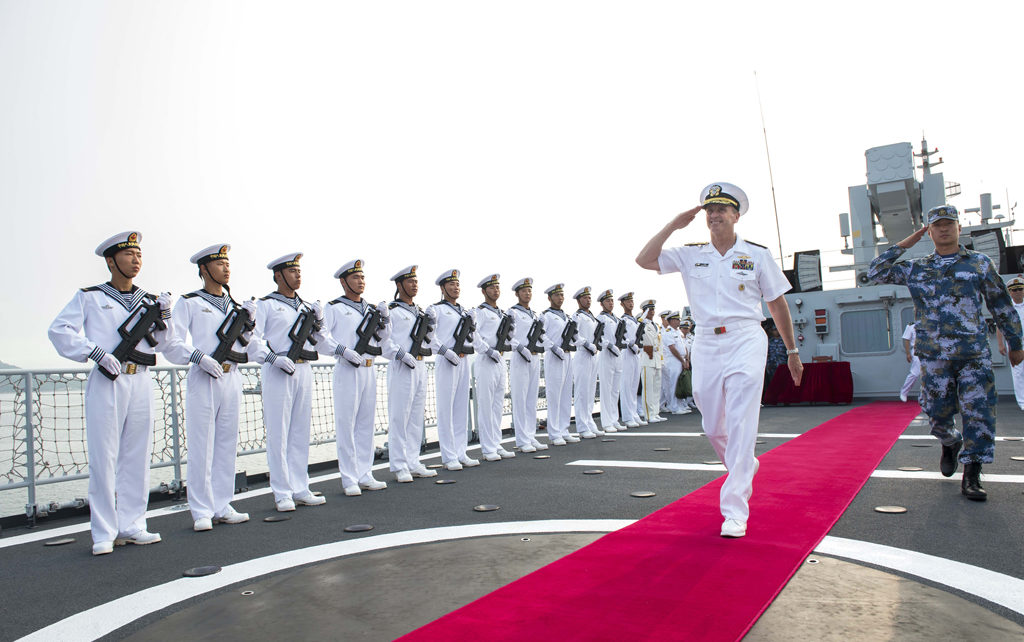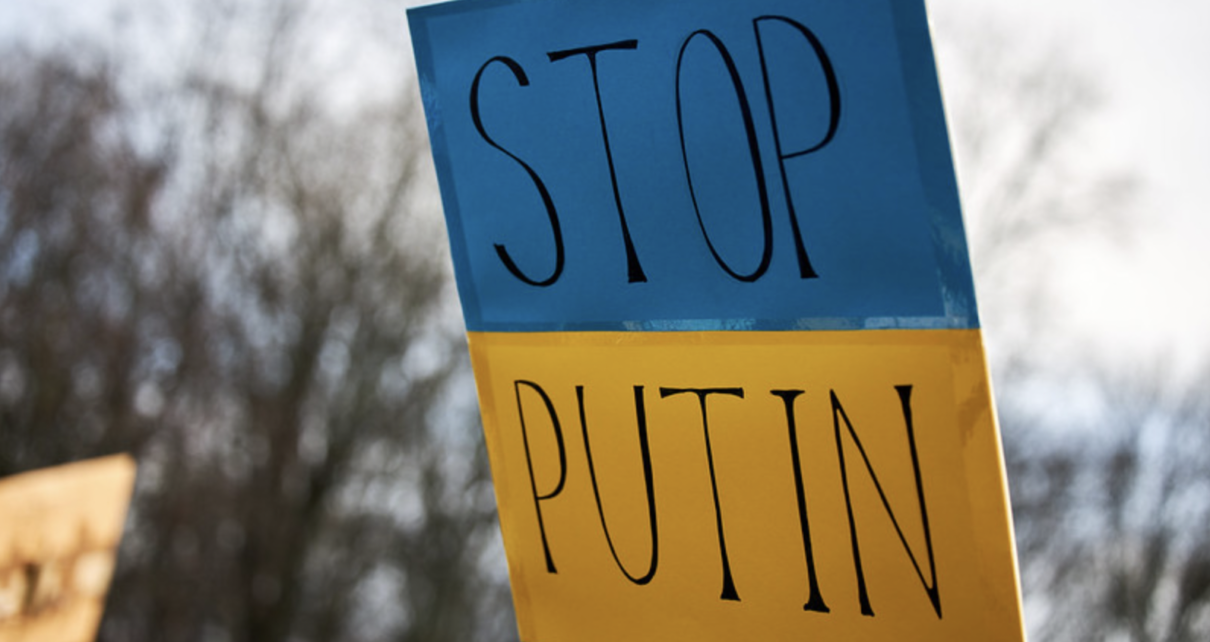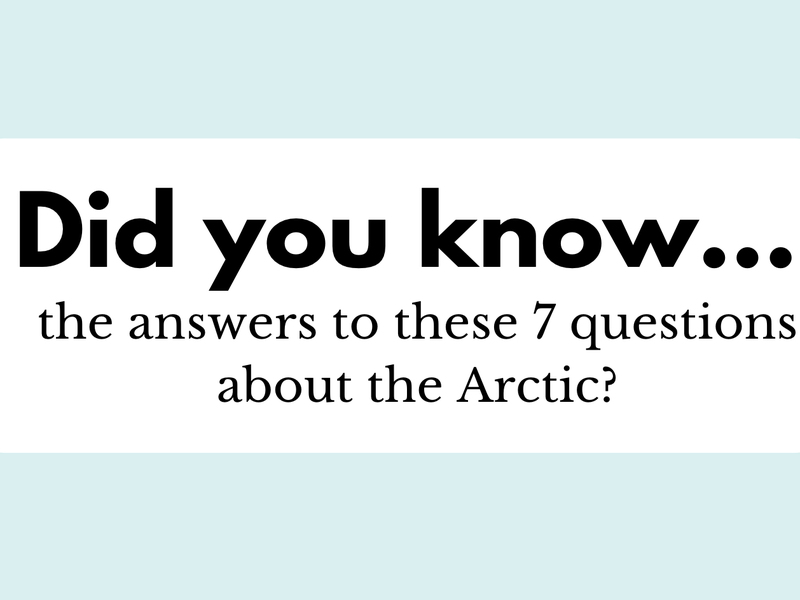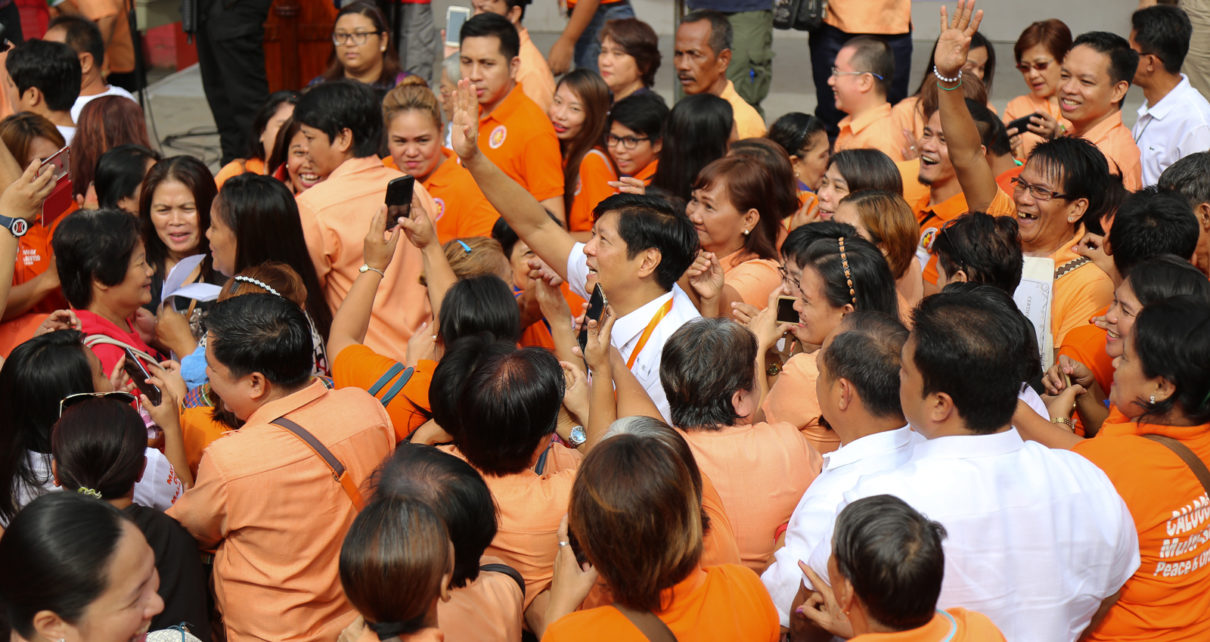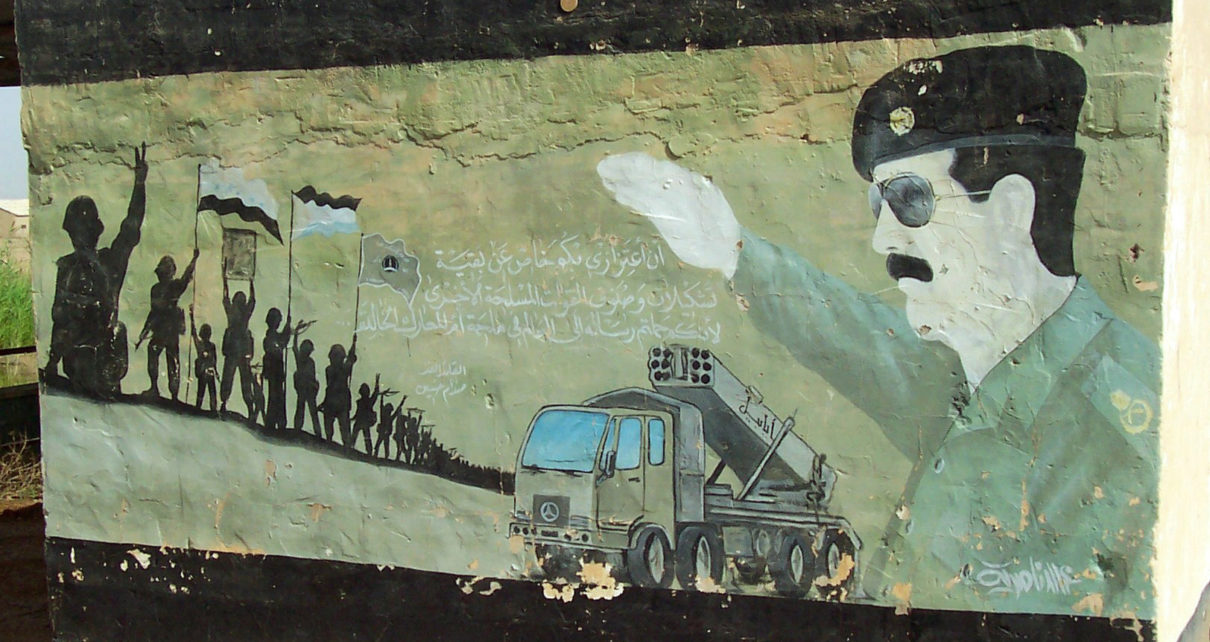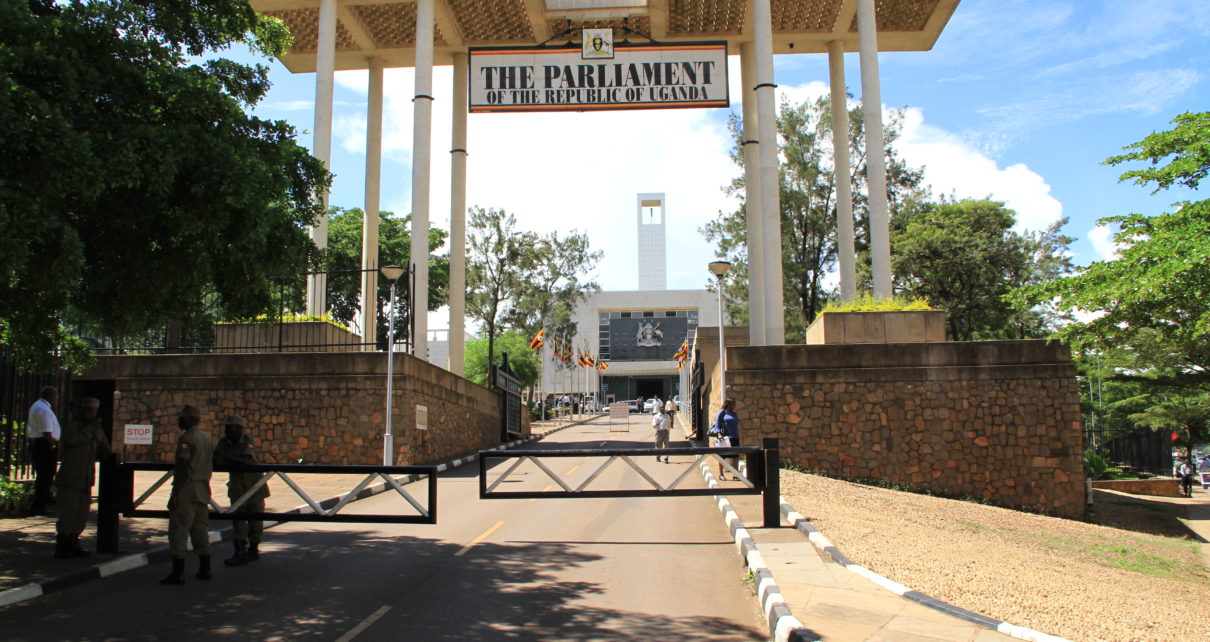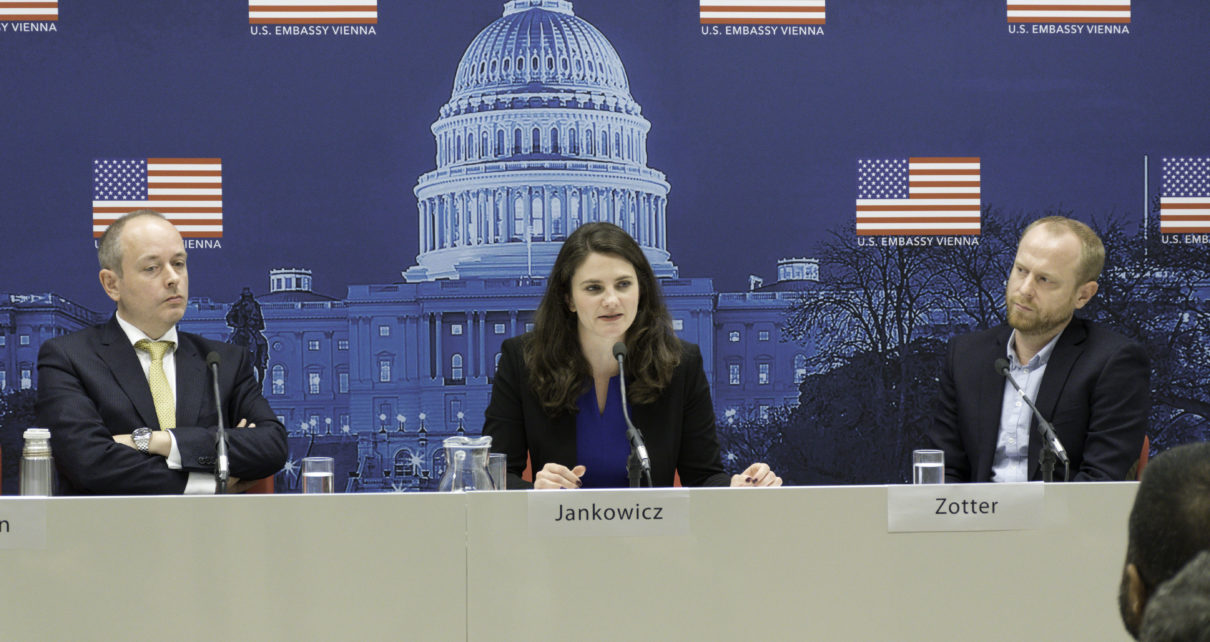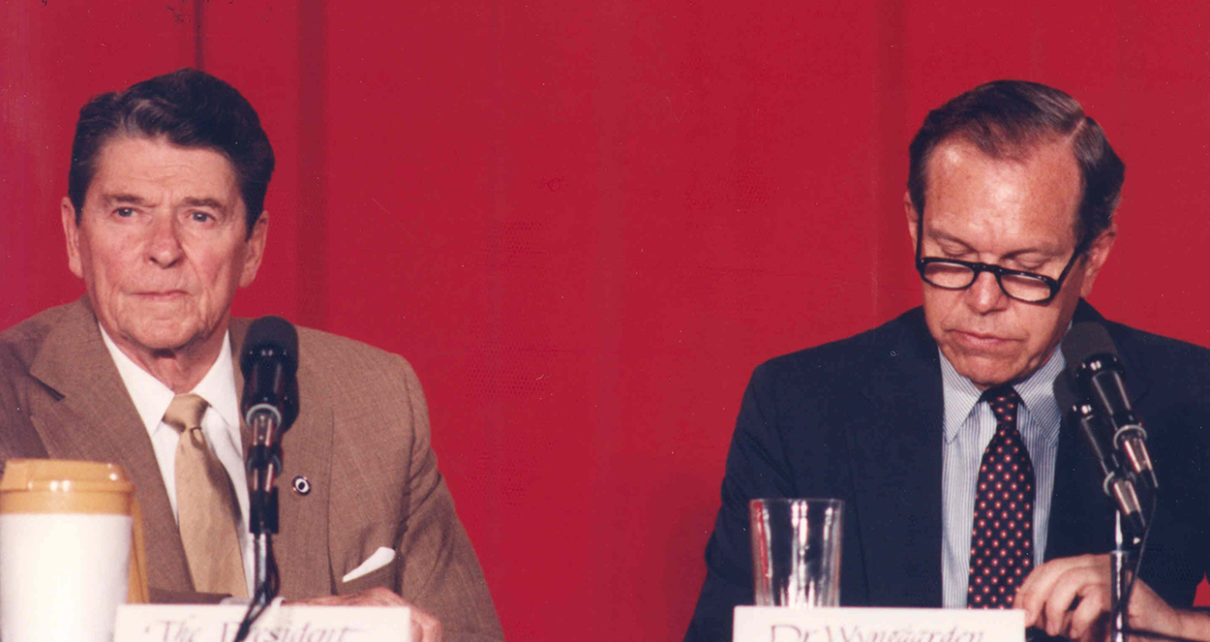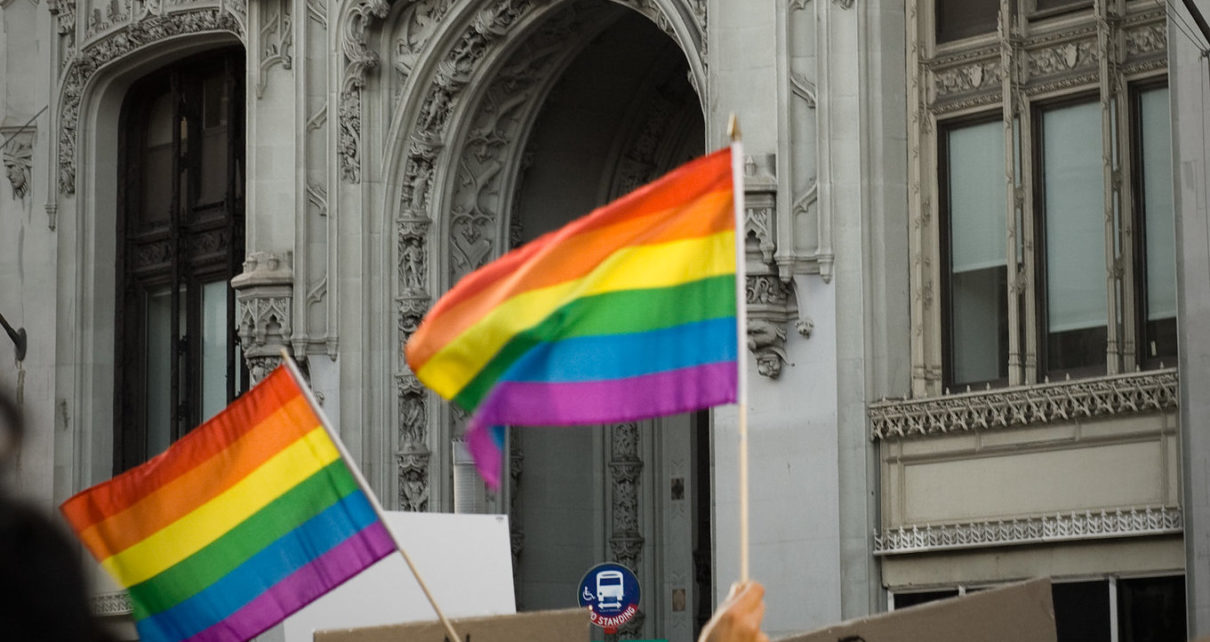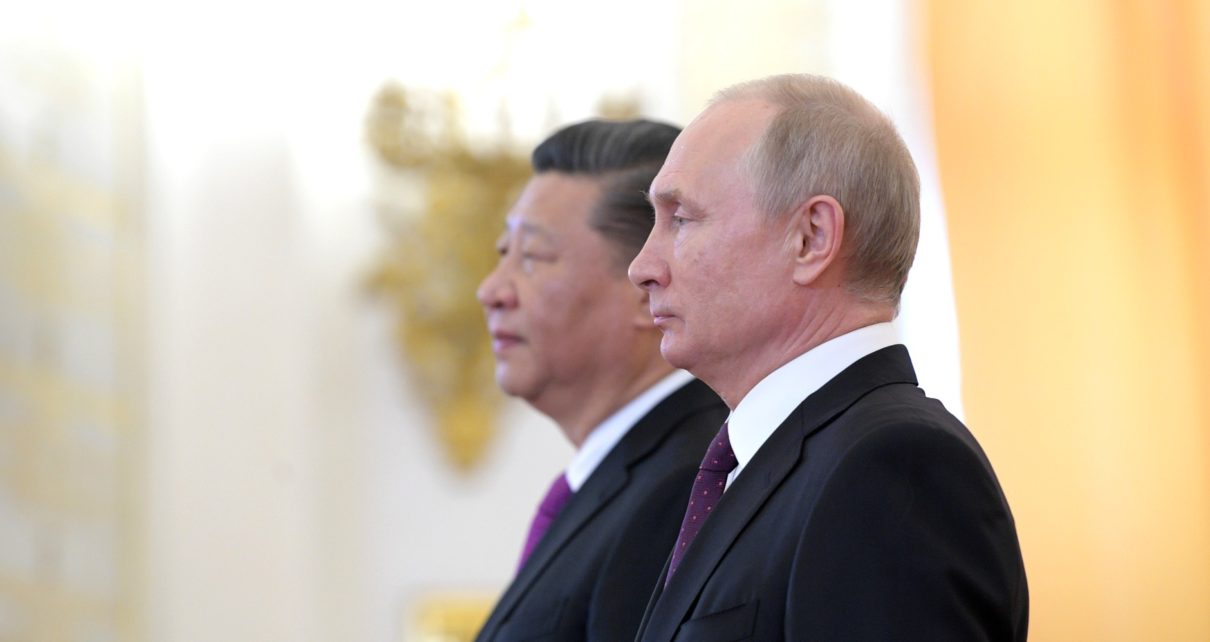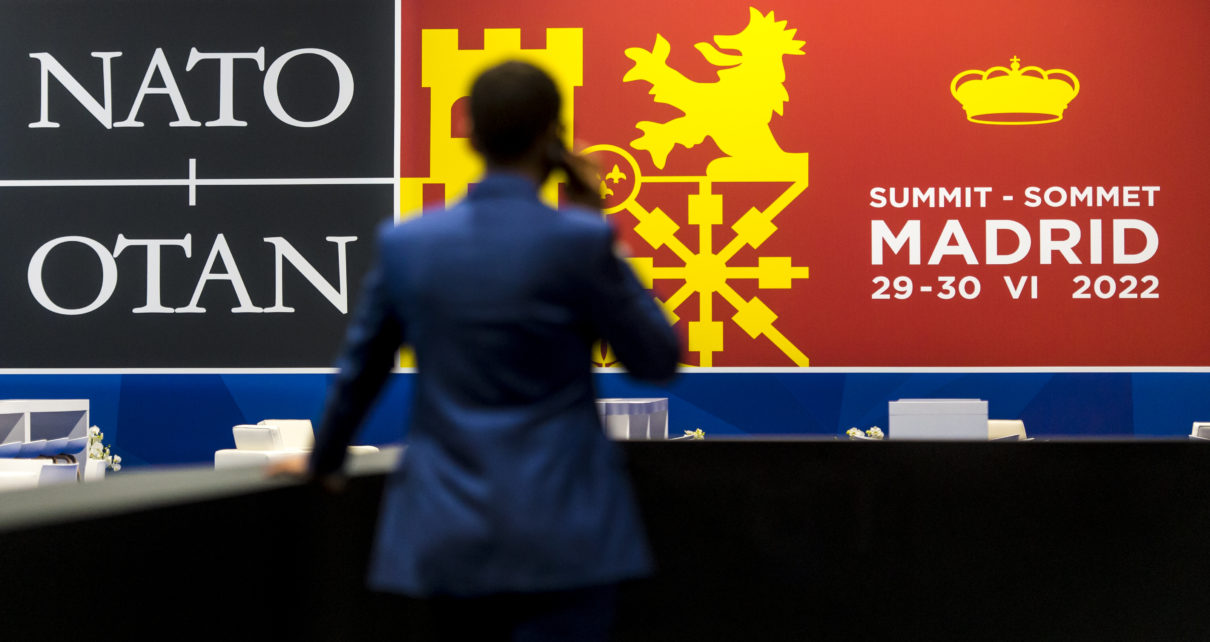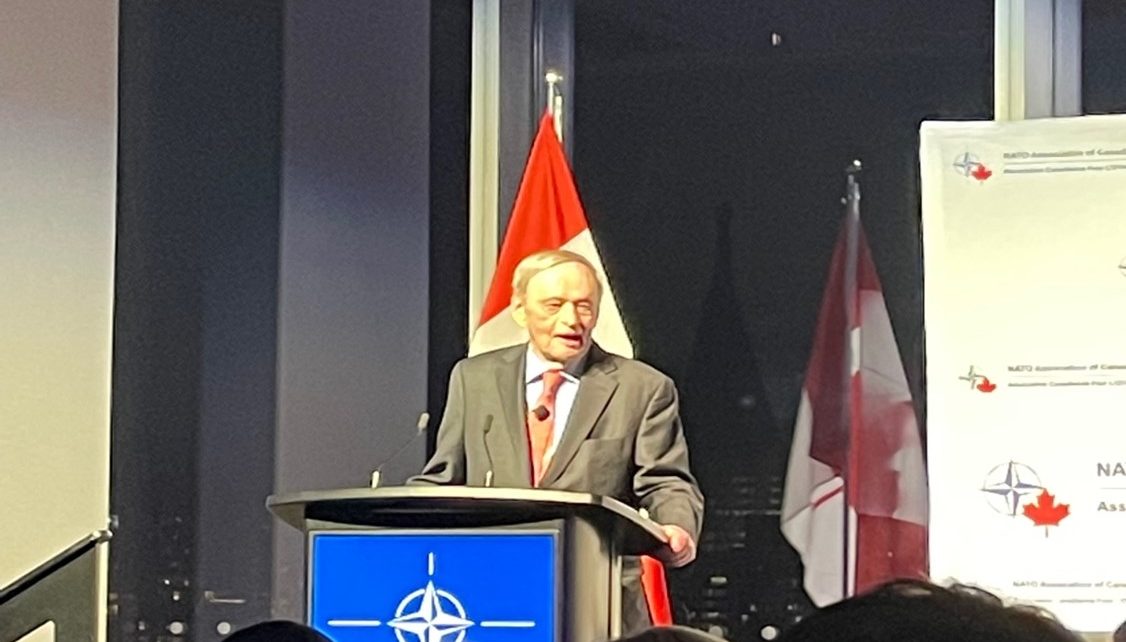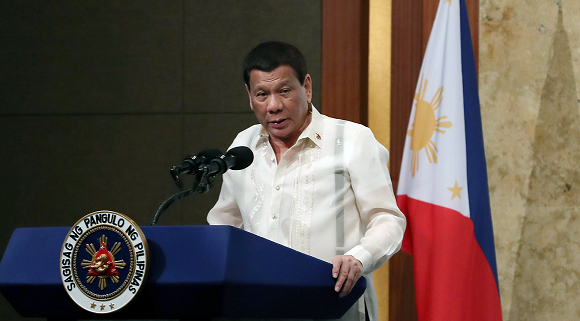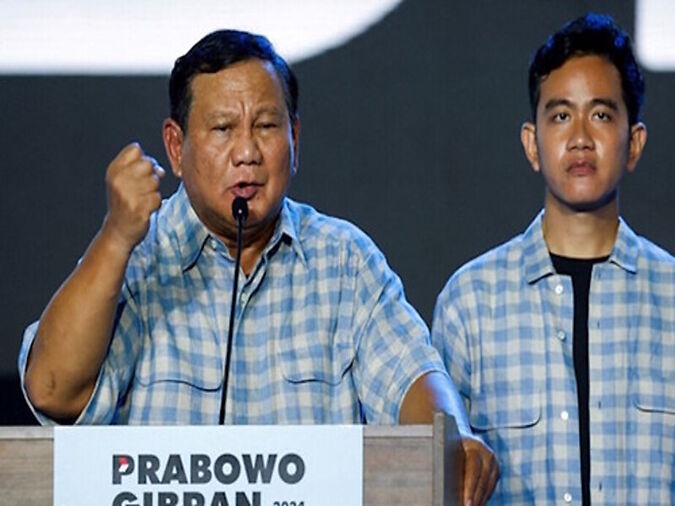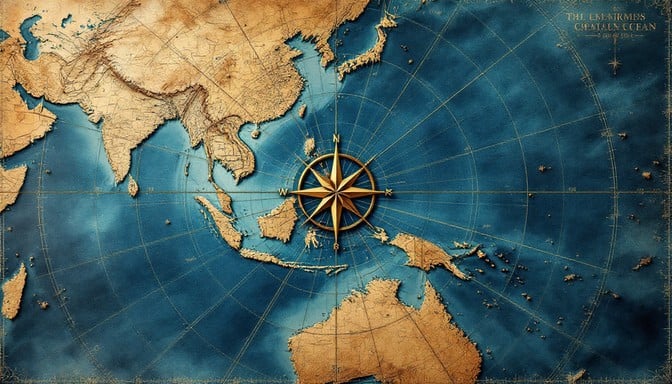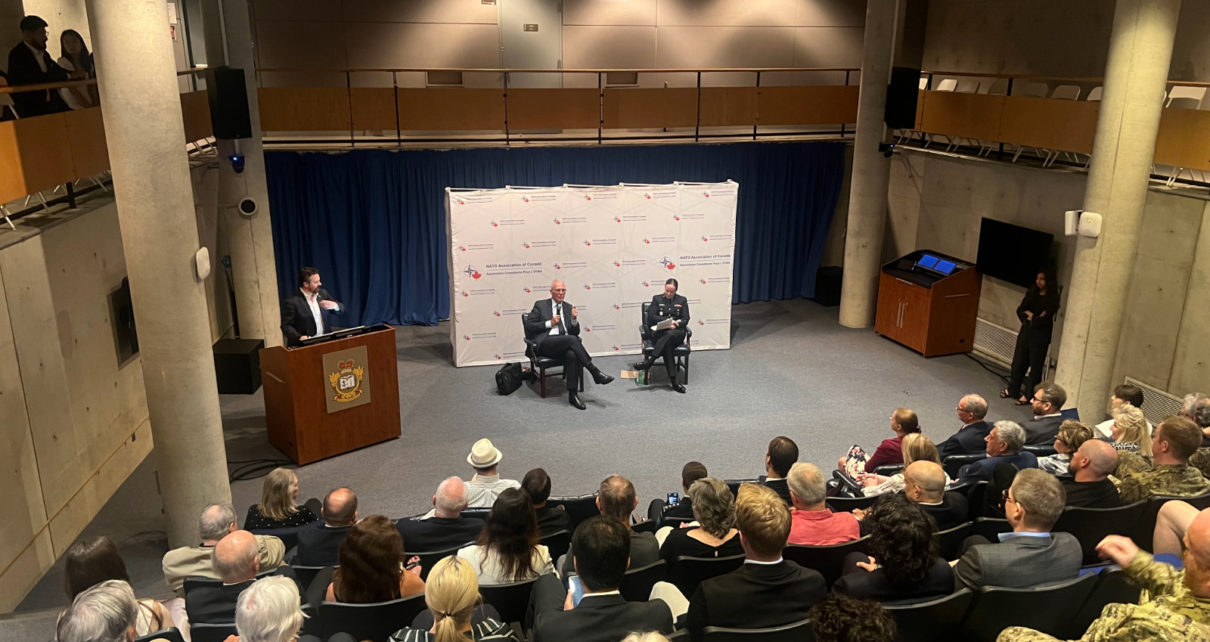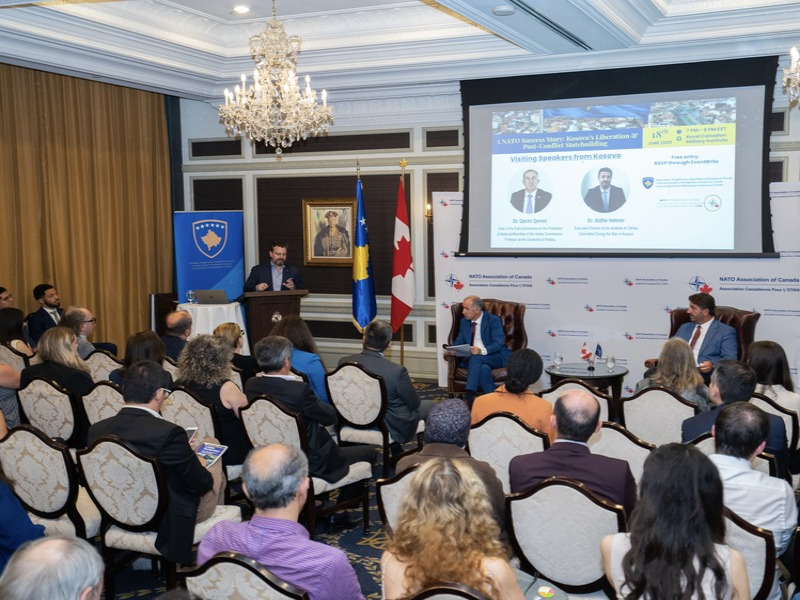This special report provides an objective overview of the newly elected minority Liberal government’s plans regarding defence and discusses proposals from other opposition parties.
Articles
Serbian Gas Deal Continues Azerbaijan’s Penetration of South-East European Energy Markets
In this article, Dr. Cutler outlines the new Serbian gas deal with Azerbaijan in the context of European energy trends and policies, as well as the BRUA pipeline project.
Nothing is Foreign Here: China, Japan, and the Influence of Narratives within American Policymaking
How do stories shape domestic articulations of foreign policy? In this special report, Jack Burnham discusses how the narratives surrounding the rise of China and Japan shaped American foreign policy debates.
From the Internet to Ashes: Disinformation and the Tigray War
What does war in the Tigray region show about the future of disinformation in ethnic and regional conflicts? In this article, Jack Burnham discusses the role of gas-lighting and other information warfare techniques in the Horn of Africa’s most recent outbreak of hostilities.
No Better Friend, No Worse Enemy? The Marine Corps’ New Information Warfare Strategy
How does the US Marine Corps (USMC) intend to conduct information warfare over the coming decade? In this article, Jack Burnham discusses the USMC’s Force Design 2030 initiative and its focus on countering disinformation and operating in the Indo-Pacific region.
Putin’s War Has United Europe
In this article, Jordan McEwen discusses the European Union’s improved cooperation and how this may have been triggered by Russia’s invasion of Ukraine. Contrary to those who maintain that Europe’s unity over Ukraine is fading, she argues that member states shared concern for their security may be allowing for better cooperation than ever before.
Did you know? 7 Facts About the Arctic Infographic
there are institutions focused on Arctic issues, and what the threats are to the Arctic.
“A Splendid Little War” Great Power Competition, Disinformation, and the Spanish-American War
What is the relationship between disinformation and great power competition? In this essay, Jack Burnham discusses the legacy of the Spanish-American War and the “yellow press” through the lens of great power politics, and its lessons for contemporary policymakers.
Like Father, Like Son? Disinformation and the Marcos’ Legacy
How did Ferdinand Marcos Sr.’s son win power in the Philippines? In this article, Jack Burnham discusses the country’s recent presidential election, Ferdinand Marcos Jr.’s victory, and the role of disinformation in Filipino politics.
Deception, Deceit, and the Dictator’s Dilemma: Russia, Iraq, and Authoritarian Propaganda
Why is the propaganda of authoritarian regimes often so blatantly false? In this article, Jack Burnham discusses Russia’s disinformation campaign surrounding the emerging global food crisis across the Middle East and Africa, Saddam Hussein’s influence operations, and the politics of dictatorship.
Fighting Familiar Wars on Foreign Shores: Disinformation, the American Right, and Uganda
How can disinformation be used to stifle human rights? In this article, Jack Burnham discusses the connection between Uganda’s anti-homosexuality laws and the intervention of members of the American evangelical community.
Milgaard, the Hip, and Wrongful Conviction
Milgaard’s case highlighted the need for justice reform in Canada and abroad; his death serves to remind us that this type of reform still hasn’t happened.
House of Cards: The Suspension of the US’ Disinformation Governance Board
Why did the US Disinformation Governance Board fail? In this article, Jack Burnham discusses the ill-fated US Department of Homeland Security initiative, and the implications for addressing disinformation within democracies.
Repetition or Rhyming? HIV/AIDS, COVID-19, and Disinformation
Nearly forty years on and faced with another public health threat, what is the legacy of HIV/AIDS-related disinformation? In this article, Jack Burnham discusses the parallels between the HIV/AIDS and COVID-19 health crises and the proliferation of health-related disinformation during a time of great power competition.
NATO Needs to Act When Member States Curb LGBTQ+ Rights
Hungary frequently discriminates against minority groups, including members of the LGBTQ+ community, violating standards of human rights. In this article, Jordan McEwen and Diana Fodor discuss why NATO should intervene to address Hungary’s rollbacks of LGBTQ+ rights.
Selling Stories by the Side of the Rio Grande: Immigration, Disinformation, and US Border Policy
How effective has the US been in countering falsehoods aimed at migrants from South America? In this article, Jack Burnham discusses how disinformation contributes to immigration northwards, and the Biden administration’s response.
No Child Left Behind? Education, Disinformation, and Media Literacy Classes
Do media literacy classes offer an effective policy solution to disinformation? In this article, Jack Burnham discusses the rise of media literacy classes in the US and Canada and their impact on countering the effects of deliberate falsehoods on young people.
The Impact of Increasing Political Instability on Canadian Security
A look at Canada’s rising security issues.
Honesty Truly Is the Best Policy: Public Intelligence Sharing and the Russo-Ukrainian War
How have NATO states adapted to Russia’s use of disinformation? In this article, Jack Burnham discusses the West’s strategy of public intelligence sharing and its impact on the Russo-Ukrainian War.
Short Loops and Tall Tales: TikTok, Disinformation, and the New Face of War Reporting
Why has TikTok become a hub for disinformation during the Russo-Ukrainian War? In this article, Jack Burnham discusses the rise of the social media platform, its influence on the information space, and how it has reshaped war reporting.
Wolf Warrior-ism, Revisited: Great Power Competition During the Russo-Ukrainian War
What lessons can Russian disinformation campaigns provide for understanding China’s “Wolf Warrior Diplomacy”? In this article, Jack Burnham discusses the Russo-Ukrainian war, Chinese diplomacy, and the value of falsehoods in international relations.
Crossing the Rubicon To Reach Centre Bloc: Grievance Politics, Disinformation, and the Legacy of the “Freedom Convoy”
What threat does the “Freedom Convoy” continue to pose to Canada? In this article, Jack Burnham discusses protests in Ottawa and the role of disinformation in stoking and radicalizing grievance politics.
Another Big Bang? What Sweden’s Entry into NATO Could Mean for Countering Disinformation
What could Sweden’s entry into NATO mean for its fight against disinformation? In this article, Jack Burnham discusses NATO’s recent Madrid Summit and potential role for Sweden’s Psychological Defence Agency within the Alliance.
Rising Right-wing Extremism at Home and Abroad: A Global Perspective to Canada’s Freedom Convoy Protest
In this article, Jordan McEwen highlights the growth of right-wing extremist violence by looking at the Freedom Convoy Protest earlier this year.
Jean Chrétien Offers Up Wit and Wisdom at the NATO Association Gala.
Jean Chrétien, Canada’s twentieth prime minister, had his audience in an effervescent mood on March 15th at the Globe and Mail Centre. As the guest of honour at an event organized by the NATO Association of Canada to recognize Mr. Chrétien’s legacy in Canadian foreign affairs and his contributions to the evolution of NATO, he Read More…
NATO and the Philippines: The First Step Towards a Strategic Partnership
As tensions continue to rise in the Indo-Pacific, the President of the Philippines, Rodrigo Duterte, has turned his attention to realigning with the United States and allies. This shift in policy from aligning the Philippines with Beijing in 2016- to a complete pivot to Washington- has now opened up possible opportunities for the US and Read More…
Turning a War Criminal into a Dancing Grandpa
In March 2024, Prabowo Subianto—a controversial former general once banned from the U.S. for rights abuses—secured Indonesia’s presidency through a social media campaign that softened his image with playful content targeting youth voters. Not with lies, but with the use of ‘Gemoy’: an adorable online persona who played with cats and did viral dances, whose Read More…
Special Report: Staying in the Game – Canada’s Past, Present, and Future NATO Commitments
Since the early 1950s, Canada has consistently deployed elements of the Canadian Army, the Royal Canadian Air Force (RCAF), and the Royal Canadian Navy (RCN) in support of NATO operations. All military acts, be they waging war or preparing for it, are in furtherance of political objectives. In this vein, Canadian force commitments to NATO Read More…
The Authoritarian Drift of Trump’s Second Term
With 142 executive orders signed in just 100 days, President Trump’s second term opened with a rapid consolidation of executive power. The orders targeted such key areas as border enforcement, foreign aid, and commitments to international institutions. Immigration policy quickly emerged as a key instrument of executive overreach. Building on the hardline stance of Donald Read More…
Specific Pacific: What NATO can Gain from Improving Relationships in the Indo-Pacific
In his newest article, James Lautens explores why NATO should focus on building stronger relationships in the Indo-Pacific and what opportunities can be derived from such an investment. He argues that by investing in and cooperating with the democracies in the region, NATO can curb the influence of Russia and China, who are increasingly challenging the rules-based international order.
In Conversation with The Honourable Bill Blair and Lieutenant-Colonel Melanie Lake: Reflections on Canada’s Support for Ukraine
On July 11, 2025, the NATO Association of Canada, in partnership with the Ukrainian War Veterans Association of Canada and the Canadian Forces College Foundation, organized a discussion focused on Canada’s military support for Ukraine. This publication provides an event summary and reflects on the need for sustained support for Ukraine’s resistance to Russian aggression, alongside the importance of strengthening Canada’s own military capabilities.
Financing the enemy: The limits of NATO’s strategic decoupling from Russian fossil fuels
Despite vocally supporting Ukraine, between February 2022 and February 2025, NATO countries paid more to Russia for energy imports than they provided in aid to Ukraine. This article analyzes the limits of NATO’s strategic decoupling from Russian fossil fuels and proposes concrete steps the alliance as a whole, and Canada in particular, should take to tackle this problem.
Should I Stay or Should I Go: The Normative Power of Travel Advisories in International Relations
Current diplomatic relations between Canada and the U.S. are fraught, to say the least. The current trade war has seen the imposition of multiple tariffs on Canada, targeting Canadian auto vehicles as well as aluminum, and other nations, leaving many Canadians feeling betrayed by the U.S. The Prime Minister of Canada, Mark Carney, declared that Read More…
Between Ceasefire and Catastrophe: Israel, Iran, and the Nuclear Non-Proliferation Question
The Situation The Middle East currently stands on the brink of cataclysm due to the extraordinarily tense stand-off between Israel and Iran, largely centering around Iran’s nuclear status. With the situation still very much in flux, a key question persists: Will the ongoing hostilities escalate into a broader conflict, or will diplomatic negotiations lead to Read More…
A NATO Success Story: Kosovo’s Liberation and Post-Conflict Statebuilding
On June 18, the NATO Association of Canada (NAOC), in partnership with the Consulate General of the Republic of Kosovo in Toronto, organized an event marking the 26th anniversary of Kosovo’s Liberation. This publication features an event summary and reflects on the enduring significance of NATO’s successful mission in Kosovo.
Weaponized AI: The New Frontline in Global Disinformation Warfare
Synthetic video content has become a permanent feature of today’s digital ecosystem, subtly shaping perceptions and influencing political and social decisions. Alongside this, hybrid warfare, blending conventional military tactics with cyberattacks and disinformation, has become a key strategy for adversaries. By exploiting the openness and connectivity of modern societies, these methods destabilize governments and deepen Read More…



